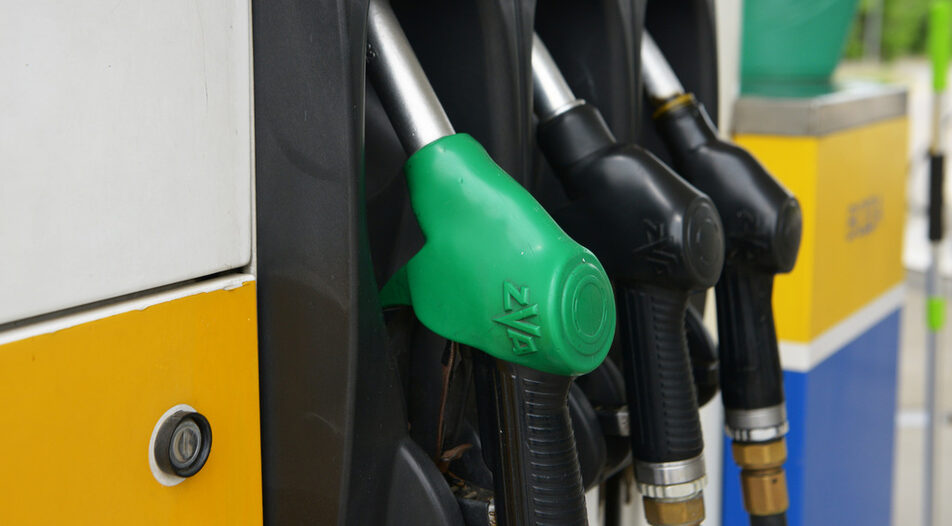Four major risks now cloud the forecasts for a fairly fast and unimpeded recovery of Bulgaria's economy we first heard around the middle of last year. The country has the lowest vaccination rate not only among developed but also among many developing countries and is in second place in the world in terms of coronavirus-related mortality rate. Also, the country reported its highest inflation rate in more than a decade and has no budget bill adopted for 2022. For now, it seems that Bulgaria's economic recovery will be anaemic.
GDP forecasts
After a series of revisions of data by the National Statistical Institute, it emerged that Bulgaria's economic growth of 7.1% year-on-year in the second quarter of 2021 was the weakest in the EU. GDP grew by 0.6% in the third quarter compared to the previous one, but the annual growth rate was 4.6%, which put
Bulgaria in the last place among EU countries.
Some institutions, banks and analysts slightly lowered their economic growth projections for 2021 and 2022 in recent months, with most forecasts for both years still remaining in the range of 3.5-4.5%. The Bulgarian National Bank expects pre-crisis levels to be reached in early 2022.
Without a budget bill
Bulgaria entered 2022 with no approved budget for the year. In December, the caretaker government decided to withdraw its draft budget bill that envisaged a budget deficit equivalent to 5.4% of GDP, thus leaving it to the new regular government to propose its own draft. Finance minister Assen Vassilev announced in January that the budget for 2022 will envisage a deficit of up to 3% of the planned GDP, in line with the Maastricht criteria. The expectations are for the budget to be approved by the end of February or in early March.
Delayed submitting of Bulgaria's Recovery and Resilience Plan to the European Commission and the subsequent need to adjust it to recommendations made by the Commission has prevented the country from receiving advance funding under the plan valued at almost 13 billion euro. There's a chance that first payments under the plan will arrive later this year and will have a positive macroeconomic effect.
Coronavirus worries
Uncertainty created by the evolution of the new Omicron variant of the coronavirus, or potential other variants in the future, combined with the small percentage of vaccinated population, makes the country more vulnerable to shocks along the health front. The potential need for tougher restrictions will deliver a new blow to the economy.
In January, the government approved a new plan for managing the Covid crisis, making all measures conditional on the percentage of available beds in intensive care units. There are 1268 such beds in the country's hospitals, and those for children are 62.
As a small open economy with a currency pegged to the euro, Bulgaria remains exposed to external risks. The main one is energy and fuel prices will continue soaring through 2022. Their sharp increase in 2021 is already a big problem for the municipal government. The executive director of the National Association of Municipalities Silvia Georgieva announced earlier this week that they need 670 million levs in the form of state aid in order to pay their bills for public lighting and transport. The association suggests this amount be included in the state budget for 2022.
Inflation
The National Statistical Institute said earlier this month that inflation has continued to accelerate on an annual comparison basis, reaching 7.8% in December. Such an increase in consumer prices was last registered in December 2008. The average annual inflation last year was 3.3%.
The largest rate of increase on an annual comparison basis in December was reported in transport - 22.2%. Inflation in utilities was also in double digits (11.6%), and food prices rose 8.9%. These sectors are the top three in terms of their weight in the consumer basket.
Four major risks now cloud the forecasts for a fairly fast and unimpeded recovery of Bulgaria's economy we first heard around the middle of last year. The country has the lowest vaccination rate not only among developed but also among many developing countries and is in second place in the world in terms of coronavirus-related mortality rate. Also, the country reported its highest inflation rate in more than a decade and has no budget bill adopted for 2022. For now, it seems that Bulgaria's economic recovery will be anaemic.












